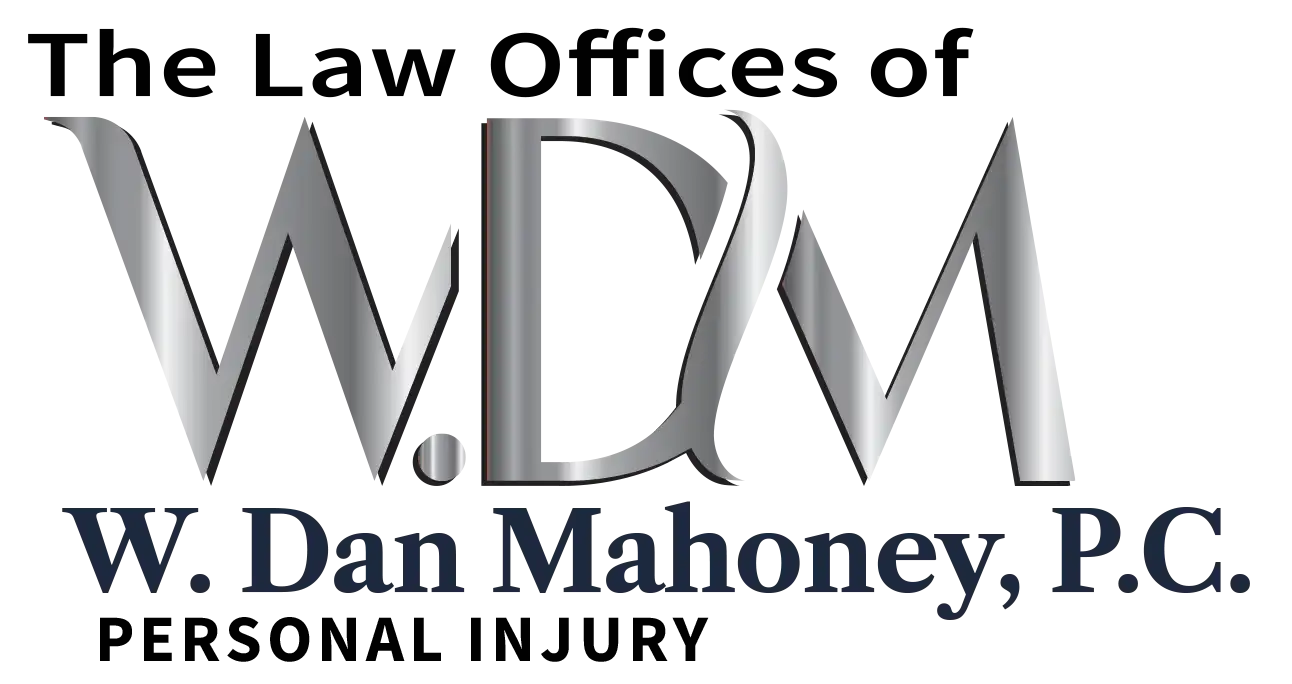Shorter days, longer nights and fatigue are a few of the many factors that can compromise your safety on the roads at night. Recklessness and inexperience are not the only causes of every crash that occurs in the dark; many motorists dread driving at night because of reduced visibility. Though there may be less traffic at times, car accidents are more likely to occur at night.
Reduced visibility means less time to identify potential hazards and react. There is also an increase in intoxicated motorists during this time. To reduce the likelihood of you or someone you love becoming a car accident victim, keep the following nighttime driving tips in mind:
Avoid substances that cause impairment
Driving while under the influence of drugs, alcohol or other substances is illegal and dangerous. Substances that cause impairment can severely cripple your faculties and make it harder for you to avoid collision or pedestrians.
Stay alert
Drowsy driving takes lives and is dangerous, so only operate a motor vehicle when you are fully alert. Even the slightest amount of fatigue can cause slower reflexes and diminished cognitive as well as visual capabilities. Do not get into the driver’s seat without getting enough sleep. Plan ahead and include rest stops to take short naps and break up the monotony of driving, especially in the dark.
Do not look directly into lights
Ever heard of the “deer caught in the headlights” saying? It happens to motorists, too. Bright lights can interfere with your ability to see and avoid animals, vehicles and other hazards on the road. When driving in the presence of oncoming traffic, avoid looking directly at the lights of other cars. Check your vehicle’s side view and rearview mirrors and adjust them as necessary to prevent the glare of bright lights.
Nighttime driving is riskier than any other time of day. However, proper education on the risks and the right preventative measures can improve road safety and decrease car collisions, injuries and death.
